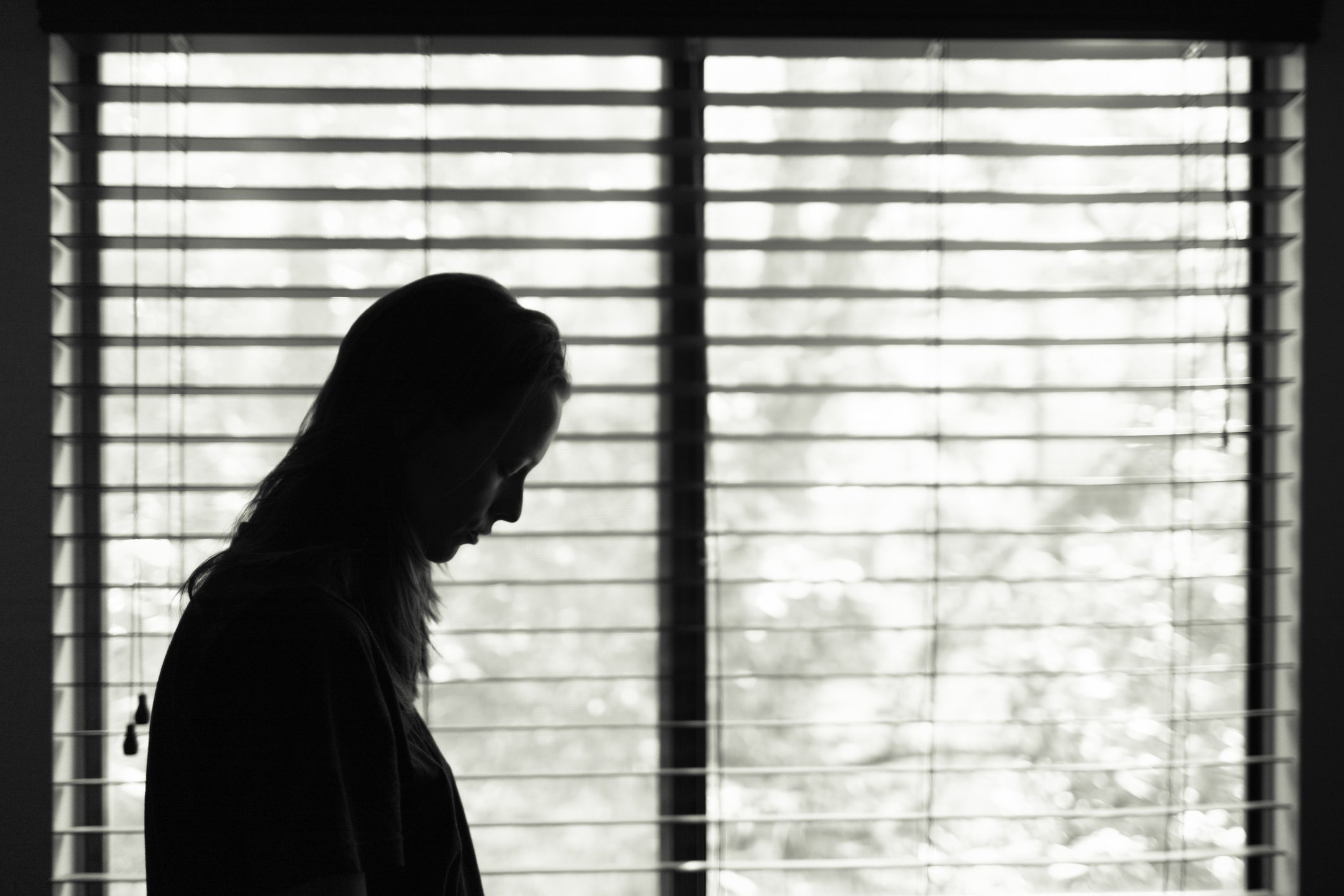‘I guess this means it is okay for me to be violated’ – migrant women have been forgotten in the domestic abuse bill
If the government is not challenged on the domestic abuse bill, we will end up leaving behind some of the most vulnerable women in our society, write Simon Woolley and Pragna Patel


Your support helps us to tell the story
From reproductive rights to climate change to Big Tech, The Independent is on the ground when the story is developing. Whether it's investigating the financials of Elon Musk's pro-Trump PAC or producing our latest documentary, 'The A Word', which shines a light on the American women fighting for reproductive rights, we know how important it is to parse out the facts from the messaging.
At such a critical moment in US history, we need reporters on the ground. Your donation allows us to keep sending journalists to speak to both sides of the story.
The Independent is trusted by Americans across the entire political spectrum. And unlike many other quality news outlets, we choose not to lock Americans out of our reporting and analysis with paywalls. We believe quality journalism should be available to everyone, paid for by those who can afford it.
Your support makes all the difference.Our two organisations, Southall Black Sisters (SBS) and Operation Black Vote (OBV), emerged from the same internationalist history of racial justice campaigning – bringing activists from non-white commonwealth countries and their descendants together under the political umbrella of “Black”. We have been guided by the notion of “your struggle is my struggle, and my struggle is your struggle”.
OBV celebrates its 25th anniversary this year of demanding a political voice to tackle persistent race inequality. SBS has just completed 40 years of advocating for the rights of migrant and Black and minority ethnic (Bame) women, who are at a disproportionate risk of gender-based discrimination and violence, exacerbated by race and class inequality.
Our organisations have come together to form an alliance to advocate for the rights of migrant and Bame women in the domestic abuse bill, which is currently being debated in the House of Lords. Through our amendment and amendments by other organisations, we want to close the glaring protection and justice gaps that exist and create a more compassionate and fairer society.
The domestic abuse bill is an important piece of legislation. However, it is also a test for the government. Has it learnt the lessons from Windrush? And will it turn its back on some of the most vulnerable women in our society today? If the government is not challenged on the domestic abuse bill, we will end up leaving behind some of the most vulnerable and marginalised groups of women in our society.
The domestic abuse bill has been hailed as a “once in a generation” opportunity to transform the response to domestic abuse and other forms of gender-based violence in the UK. While its contents have expanded to incorporate some significant changes, such as recognising children as survivors of abuse and placing a statutory duty on local authorities to accommodate domestic abuse survivors, the government has refused to shift its position in one key area: legislative protection for migrant women.
Migrant women who are subject to domestic abuse and the No Recourse to Public Funds (NRPF) rule – applied to those subject to immigration control in the UK – will continue to have no access to the welfare safety net. This includes most forms of welfare benefits and refuge and local authority accommodation, which are so vital for women’s protection. Precisely because of the NRPF rule, many migrant women are made economically dependent on their abusive partners who use this lack of status as a weapon of coercive control and as a means by which to maintain absolute power.
The government effectively operates a two-tier discriminatory system of support for those fleeing violence. One in which migrant women and children, in the absence of state protection, are rendered at heightened risk of escalating abuse, exploitation and harm. Their plight is summed up by Farah, a survivor supported by SBS: “I guess that No Recourse to Public Funds means that it is okay for me to be violated, physically and mentally abused by my father. I guess the government approves of people like me being treated like I was.”
Without significant changes to the domestic abuse bill, migrant women will continue to be routinely turned away at a time when they most need help and worse still, regarded as potential immigration offenders, rather than as victims of domestic abuse.
This is why SBS and other Bame women’s groups have put forward amendments to the bill that have support from peers across the political spectrum. Full and equal protection for migrant women is crucial to ensure they can access the measures included in the bill, including the statutory duty on local authorities to fund support in safe accommodation.
It is shocking that currently fewer than four per cent of refuge vacancies in England in 2019-20 accepted a woman with no NRPF. SBS’ amendment gives migrant women access to shelters and basic welfare support and a route to settlement as victims of domestic abuse.
Moreover, amendments led by the Latin American Women’s Rights Service as coordinators of the Step Up Migrant Women coalition, focus on ending data-sharing between the police and the Home Office, and Imkaan and Women’s Aid amendments aim to secure guaranteed funding for specialist refuges and centres of excellence led by and for Bame women so that they can provide holistic support to meet the needs of survivors in a safe and secure environment. All of these measures would represent a momentous step in delivering safety for all women.
As the bill has made its way through parliament, we have also borne witness to not only the Windrush scandal, but the Black Lives Matter movement as well – transformative events that have shed light on the deep and widening nature of structural, economic and racial inequality in the UK. The bill offers the government a ready opportunity to change course and provide redress for those historically and presently excluded from protection and rights on the basis of their background or immigration status.
This of course would demonstrate a commitment to the promises made by Home Secretary Priti Patel following the Windrush Lessons Learned review, to address “institutional ignorance and thoughtlessness towards the issues of race”.
We hope by showing solidarity to the women who need it the most, others will join forces with us including those in parliament, powerful allies in the media and those with celebratory status. Only then, will we have a domestic abuse bill that truly provides protection for all. It is our duty to make that happen.
Simon Woolley is founder and director of Operation Black Vote and a crossbench member of the House of Lords
Pragna Patel is a founding member of the Southall Black Sisters (SBS) and Women Against Fundamentalism



Join our commenting forum
Join thought-provoking conversations, follow other Independent readers and see their replies
Comments